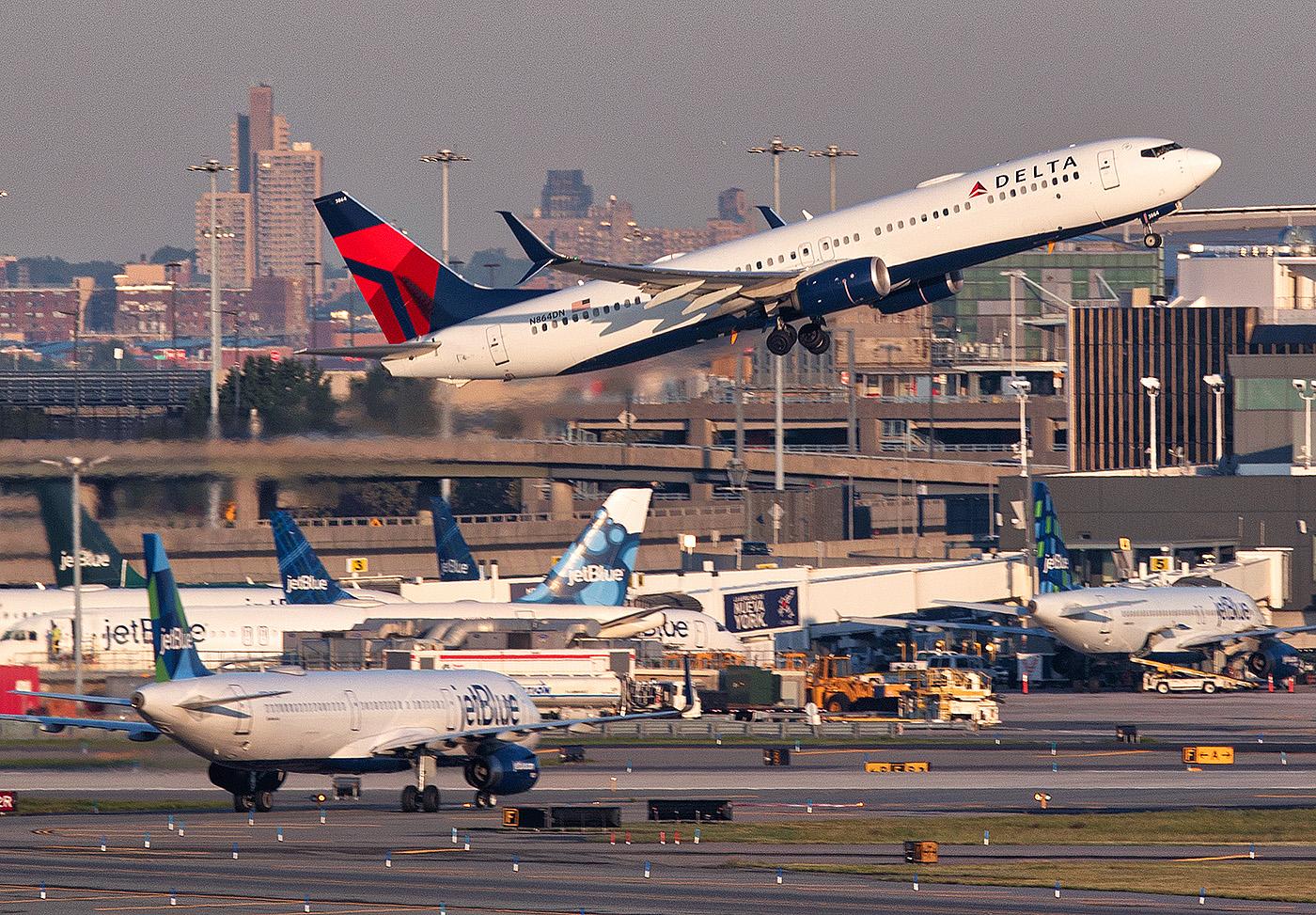EDITORIAL: Why Extending Slots Waiver Will Be A Critical Lifeline To Airlines

When demand for air travel nosedived in March as the COVID-19 virus cascaded into a global pandemic, regulators who oversee slot allocations at the world’s busiest airports were quick to respond to a request from airlines to relax rules through the northern summer season.
In normal times, slot restrictions help to ensure maximum usage of gates, tarmac and ATM resources at congested airports. In a use-it-or lose-it policy, airlines that are awarded slots at such airports must fully and consistently use them or risk having them reassigned to another airline.
These are far from normal times and the sudden drop-off in demand for air travel this year is unprecedented. The slots waiver, requested through IATA, allowed airlines to make rapid, best-case decisions on which routes they could still operate and to avoid flying empty planes simply to hold on to the slot.
Now airlines are seeking to have the slots waiver extended through the northern winter season, which runs from Oct. 25 to March 27. It is, IATA admits, a “big ask,” but it is necessary. While there has been some pickup in traffic, this is mostly on short-haul domestic and regional routes and is nowhere close to where it was a year ago.
The outlook for the rest of 2020, meanwhile, is worsening. Border lockdowns and quarantine rules are cropping up everywhere and changing by the week, dissuading people from long-haul, international and business travel. Long-haul travel demand is still down by more than 85% in most of the world and airlines are not seeing much sign of that changing through the rest of this year. Coupled with ongoing COVID spikes, uncertainty about when a vaccine will be available, the global recession and concern about a second pandemic wave in the fall/winter, the grim reality is that airlines will not be able to fulfill their slots requirements through this year and likely into 2021.
But regulators are hesitating to extend the slots waiver. Perhaps in an understandable but misguided desire to hope for the best, they have so far greeted IATA’s waiver requests with a “let’s see how the summer schedule turns out”.
The issue is far too urgent for a wait-and-see attitude. Airlines need to plan for the remainder of the year now. They need to establish which aircraft and how many crews they keep operational. They must start identifying the routes and frequencies they can most likely support financially through the winter season. And, most importantly given all the continued uncertainties, they need flexibility to change frequencies up or down or to switch routes if new border rules pop up and demand changes. Since the pandemic outbreak, people are making their decisions to buy tickets far closer to the day of travel, giving airlines much less visibility into future demand patterns. To be able to ensure they can deliver air service where demand occurs, airlines need a longer period free from slots rule obligations.
Extending the slots waiver through the winter season is an option where regulators can support airlines and air service relatively cost-free. It will also help ensure that the connectivity typically provided via the world’s most congested hubs can be most quickly restored when demand for long-haul travel returns. With airlines forecast to lose some $85 billion this year, they must be allowed to maximize sales opportunities where they occur and to minimize loss-making flights.
But the most urgent message that regulators should register now is that all the economic signs and bookings data indicate that airlines will continue to be in survival mode through the coming winter. If regulators grant an extended waiver, making that decision by no later than the end of July, airlines can right-size their operations, identify and commit to a winter schedule, and still be in business for the 2021 summer season.
Karen Walker/ATW [email protected]
